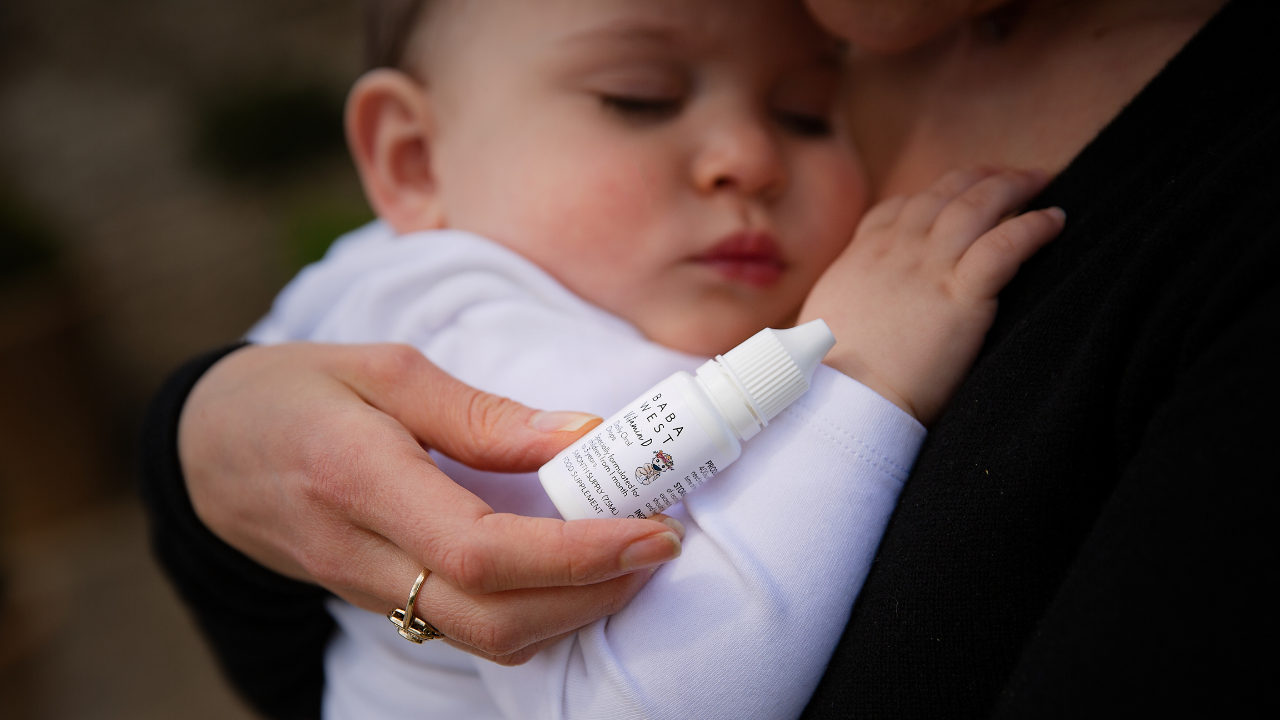Zita West's Baby Clinic: do toddlers need to take supplements if they have a good diet?

One of the questions that Leo and I often face is why our toddlers and children need vitamins and minerals if they're already eating a good diet. In response, we usually explain that vitamins and minerals serve as a "top-up" to support our child's developing systems. We've come to understand that even with a balanced diet, we may not get all the nutrients we need, especially considering factors like lack of sleep, stress, the amount of energy a toddler child uses daily, and seasonal illnesses like colds or chickenpox, which can wreak havoc on a child's immune system.
Furthermore, not all children eat well, and many are picky eaters. This can lead to deficiencies in vital nutrients. If a child frequently falls ill or experiences infections, it could indicate a weakened immune system, potentially linked to deficiencies in vitamins C, A, and D. We've also learned that gut health is crucial for children's development, as 80% of our immune cells reside in the gut. That's why we include probiotics in our multivitamin and mineral regimen to support the gut microbiome.
Additionally, symptoms like fatigue, skin issues, and mood problems can also be signs of specific nutrient deficiencies. For example, fatigue could indicate a lack of iron or vitamin B12, while skin problems may be linked to omega-3 fatty acid or vitamin D deficiencies. Mood issues could be related to magnesium or B vitamin deficiencies. We've noticed that as more children are diagnosed with autism, ensuring they get the necessary vitamins and minerals, along with omega-3 supplements, can be beneficial.
Looking at how much fruit and veg a child needs to eat to get enough vitamin C, it varies depending on the child's age and dietary habits. However, including citrus fruits like oranges, strawberries, and kiwi, as well as vegetables like bell peppers and broccoli, can help meet their vitamin C needs. These are relatively easy to get into children. Similarly, incorporating foods rich in magnesium and omega-3 fatty acids, such as leafy greens, nuts and seeds, whole grains, and fatty fish, can help ensure an adequate intake of these essential nutrients. I’d love to hear from any mother how she gets fatty fish into her little ones! Like vitamin D, you need a lot of fish, so ultimately, a supplement is better. We believe that a combination of a healthy diet and targeted supplementation can support our child's overall health and well-being, which is why we developed our Baba West supplements.



